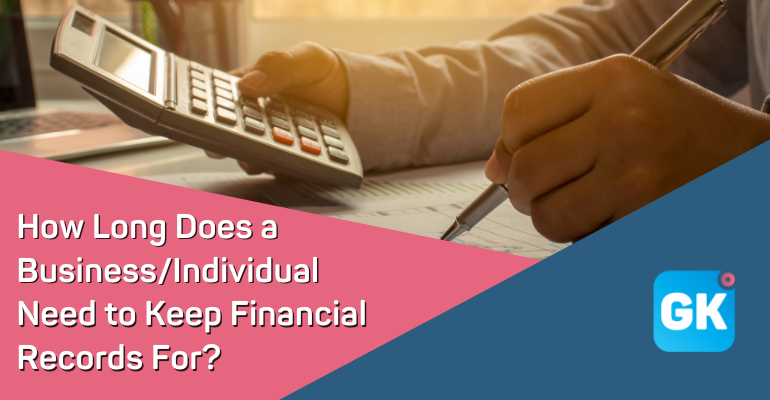How Long Does a Business/Individual Need to Keep Financial Records For?

How Long Does a Business/Individual Need to Keep Financial Records For?
In Ireland, financial records should generally be kept for six years after the end of the tax year to which they relate. This includes tax returns, supporting documents, invoices, receipts, and any other relevant financial records. However, this may vary in some instances. For example:
Where an individual/company claims capital allowances on a building over a period over 6 years, documentation may be required to be kept longer.
The key point from a tax perspective is that the burden of proof rests with the taxpayer. Therefore, you need to ensure that you can prove your entitlement to a deduction for any expenses or any capital allowance claimed in your tax return.
Regarding an asset that is a capital asset, it will be necessary to keep documentation for six years after the property is disposed of. Doing so enables you to prove your entitlement to a deduction for the costs of acquisition in determining the capital gains tax payable (or indeed the capital loss) on the disposal of the asset.
The retention of documentation is also important in the context of VAT and the Capital Goods Scheme. When an asset is disposed of, the vendor is often obliged to complete Pre-Contract VAT Enquiries (PCVE) as part of the sales process. The PCVE contain full details of the purchase/development of the property, how it has been used since it was acquired, and how it is currently being used. To determine the correct VAT treatment of the sale, there can be no gaps in terms of how the property has been used.
Get in Touch:
It’s advisable to consult with a professional accountant or tax advisor to ensure compliance with the relevant regulations. If you are interested in finding out how we can help your business, please book a no obligation call.


